Nguyen Chi Kien (6 years old, Phu Ninh district, Quang Nam province) can now eat rice by himself, greet his teacher and play with his friends. This is the result of the harmonious coordination between his family, the teaching staff and the special education model of ChildCare Vietnam (CCV).
Chi Kien changed his life
Kien's family discovered that he had autism spectrum disorder when he was only 14 months old. After a period of interrupted treatment due to the Covid-19 pandemic and financial difficulties, in August 2021, Kien participated in the CCV early intervention program in Phu Ninh district.
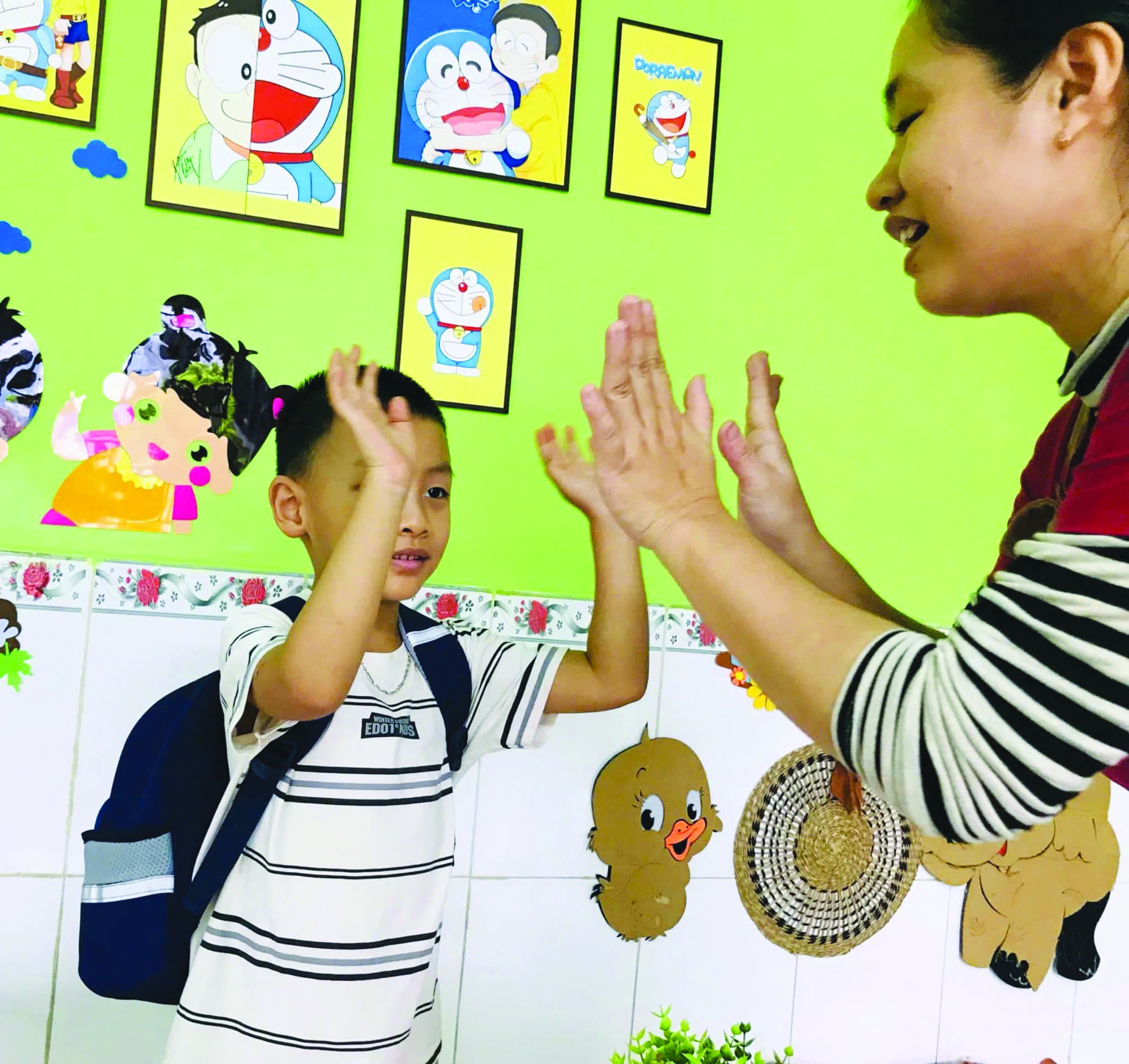 |
| Baby Nguyen Chi Kien has successfully integrated into preschool class. (Photo: CCV) |
In the early days, Kien barely spoke, had difficulty concentrating and was afraid of loud noises. But thanks to the efforts of the CCV teaching staff and his family, after only 6 months, Kien made remarkable progress. He started saying single words like "dad", "mom", "grandpa", "car", progressing to forming phrases and answering short questions. Kien became familiar with learning and movement activities, knew how to count numbers, recognize colors, confidently played games, and even sang his favorite children's songs.
Currently, Kien has successfully integrated into preschool, eats by himself, sleeps soundly and knows how to express his needs through language.
Special education model
Since starting to support children with disabilities in Quang Nam in 2017, CCV has built two parallel projects: supporting children with disabilities and orphans in Quang Nam Peace Village and caring for children with disabilities in Phu Ninh district.
According to Mr. Pham Huu An, Director of the CCV Program, this organization is implementing two special education programs for children with disabilities including:
First, the AAC model is applicable to children 7 years and older. This program builds an individualized education plan based on an initial assessment.
Second, the early intervention model for children from 3 to 6 years old focuses on timely detection and intervention during the child's "golden period".
In addition, CCV also organizes after-school knowledge enrichment classes for orphans at Quang Nam Peace Village.
A special feature of CCV is the connection between school and family. Parents are not only guided on how to support their children at home but also participate in training to improve their skills in caring for children with disabilities.
According to Mr. An, the biggest difficulty for CCV is financial issues. "Special education services require high costs because they need to ensure an appropriate teacher-student ratio (1:3) and use many tools. Some parents are also skeptical about the effectiveness of the program and want their children to study in a community environment, even though their abilities are not suitable," he said.
However, CCV has achieved encouraging results. According to the organization's report, at Quang Nam Peace Village, CCV has supported 17 disabled children to participate in special education programs; 22 orphans have participated in after-school knowledge enrichment programs.
In Phu Ninh district, there are 48 disabled children participating in the special education program, of which 9 have successfully integrated into the community education program.
In the coming time, CCV plans to expand vocational training programs and provide career guidance for children with Down syndrome and developmental delays in the AAC model, helping them better integrate into society.
Source: https://thoidai.com.vn/childcare-vietnam-diem-tua-cho-tre-khuyet-tat-209692.html




![[Photo] Looking back at the impressive moments of the Vietnamese rescue team in Myanmar](https://vstatic.vietnam.vn/vietnam/resource/IMAGE/2025/4/11/5623ca902a934e19b604c718265249d0)


![[Photo] "Beauties" participate in the parade rehearsal at Bien Hoa airport](https://vstatic.vietnam.vn/vietnam/resource/IMAGE/2025/4/11/155502af3384431e918de0e2e585d13a)
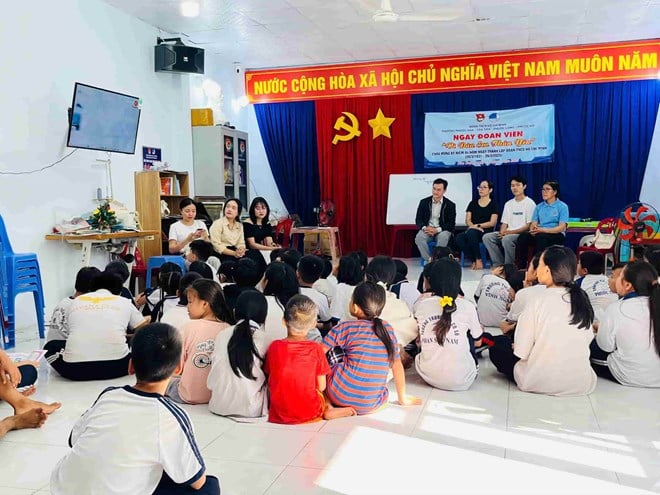



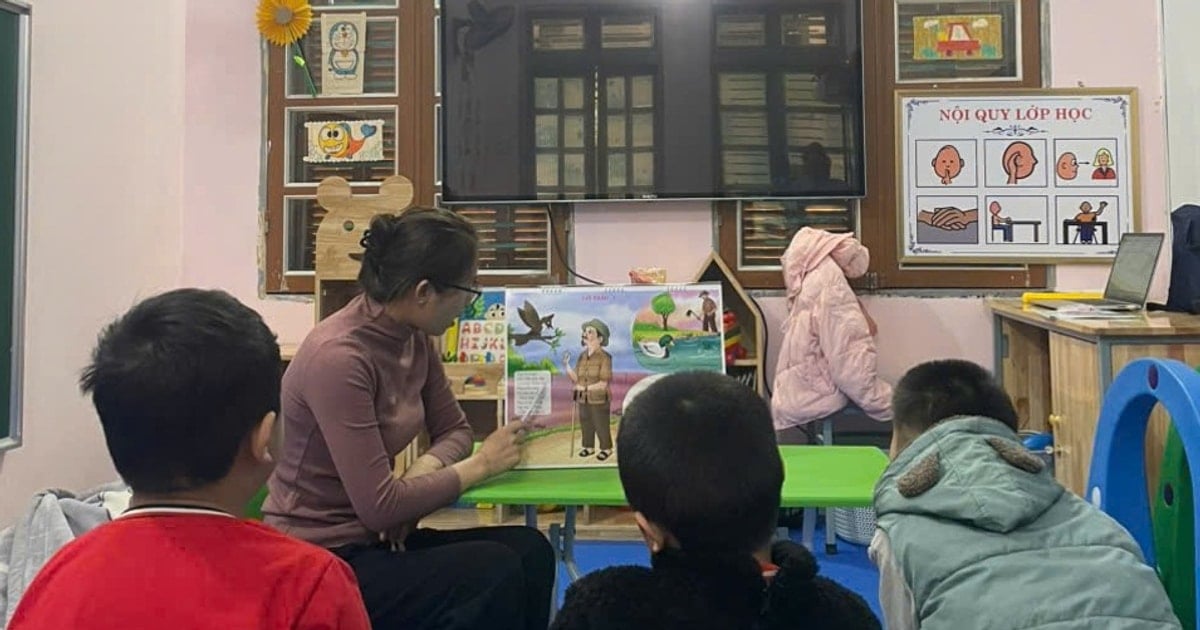

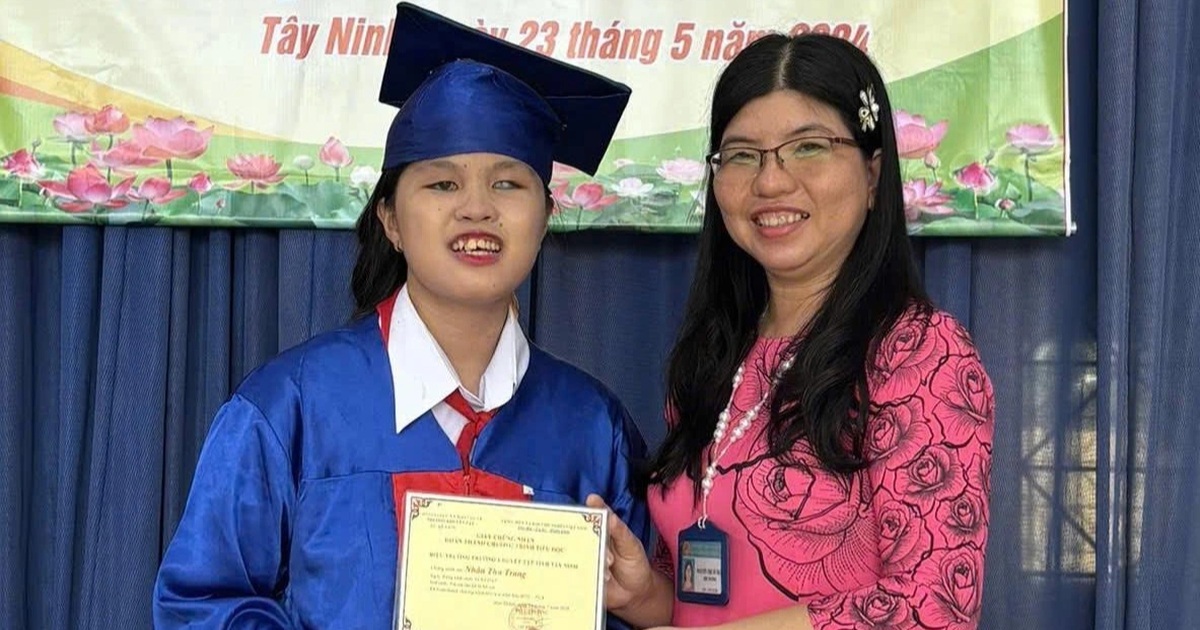


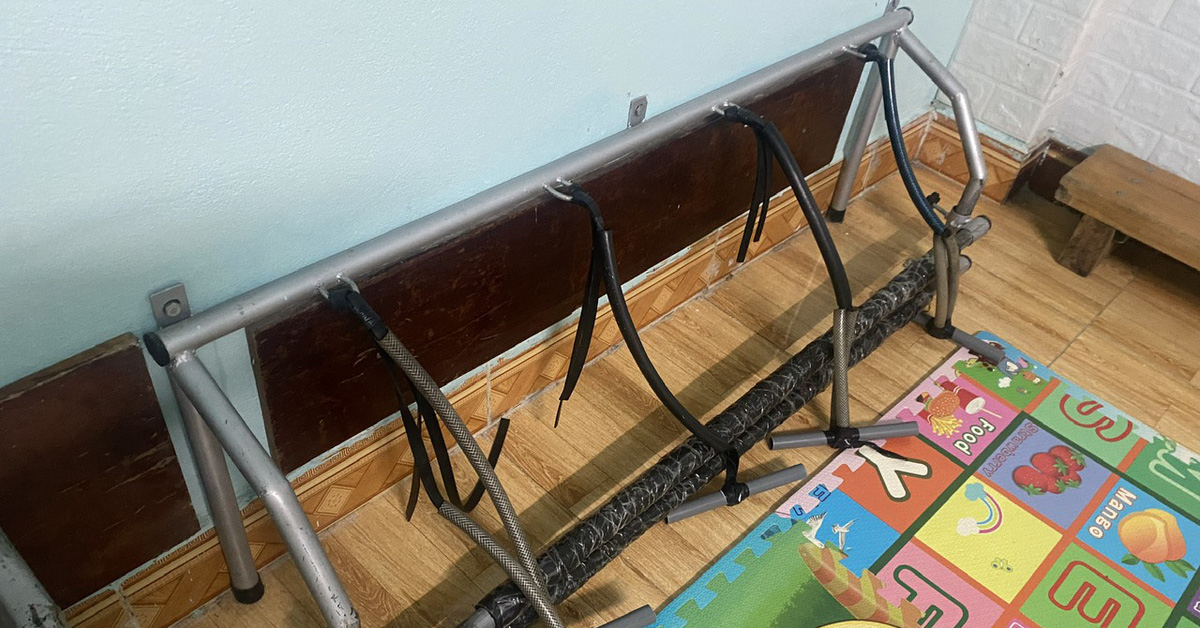




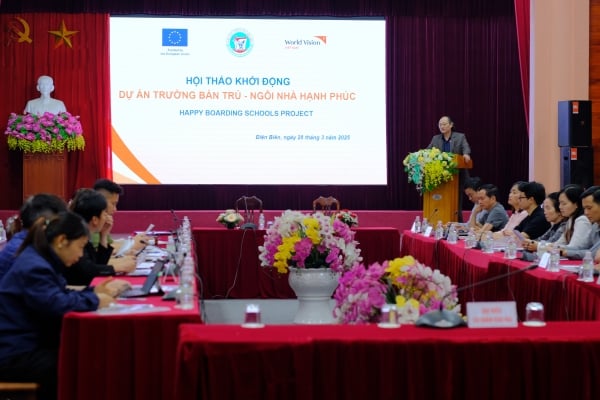
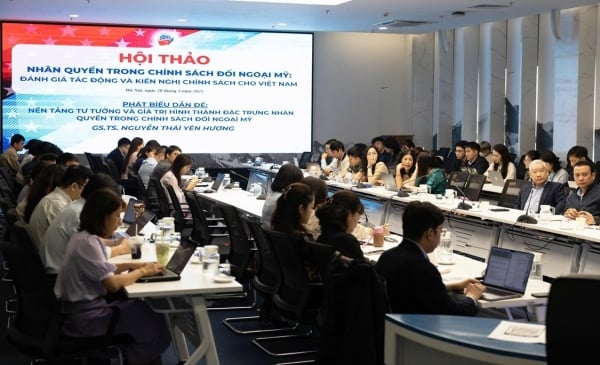


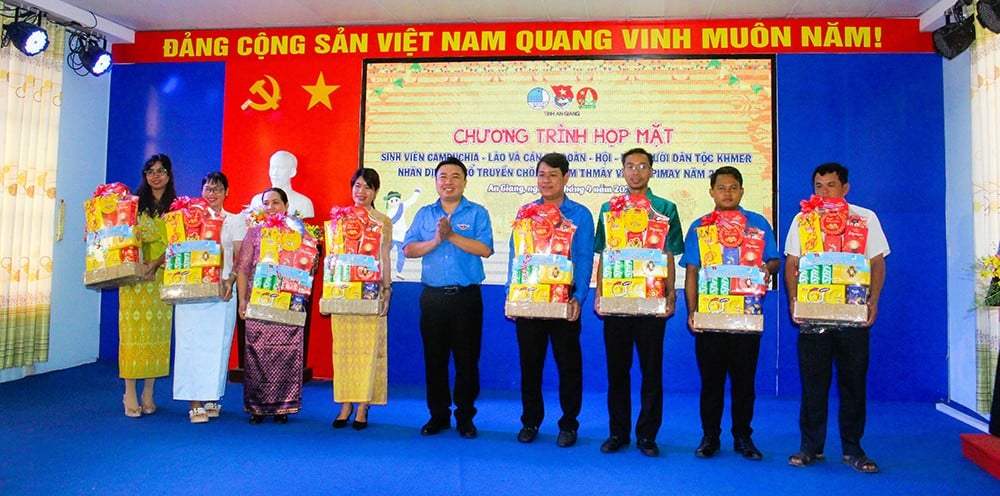




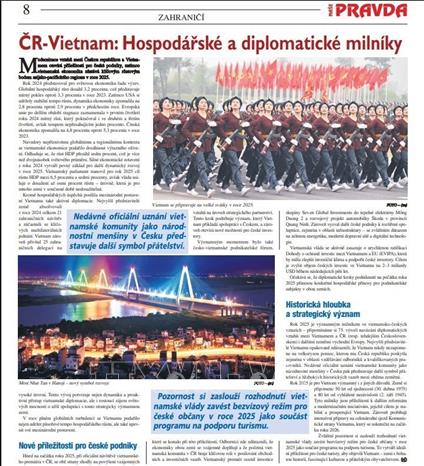

![[Photo] Summary of parade practice in preparation for the April 30th celebration](https://vstatic.vietnam.vn/vietnam/resource/IMAGE/2025/4/11/78cfee0f2cc045b387ff1a4362b5950f)








































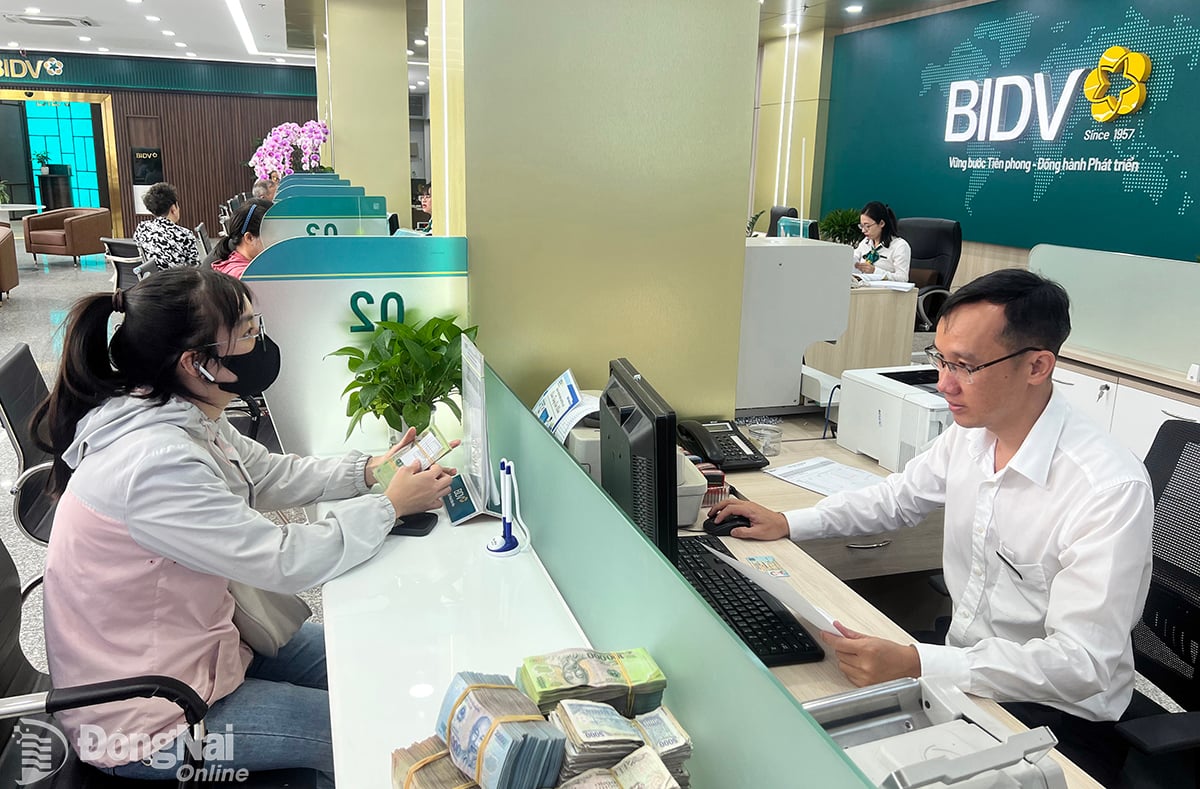




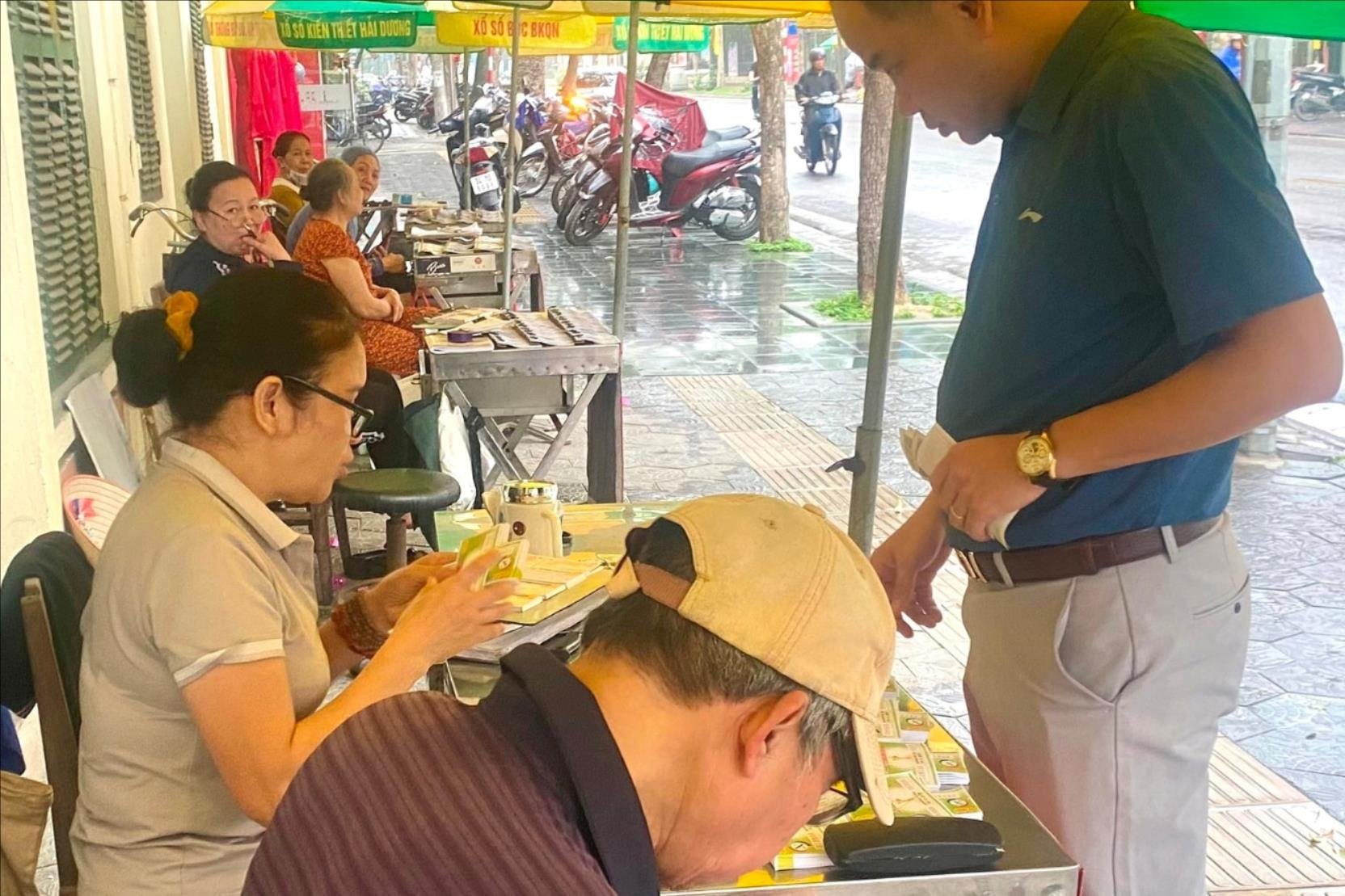



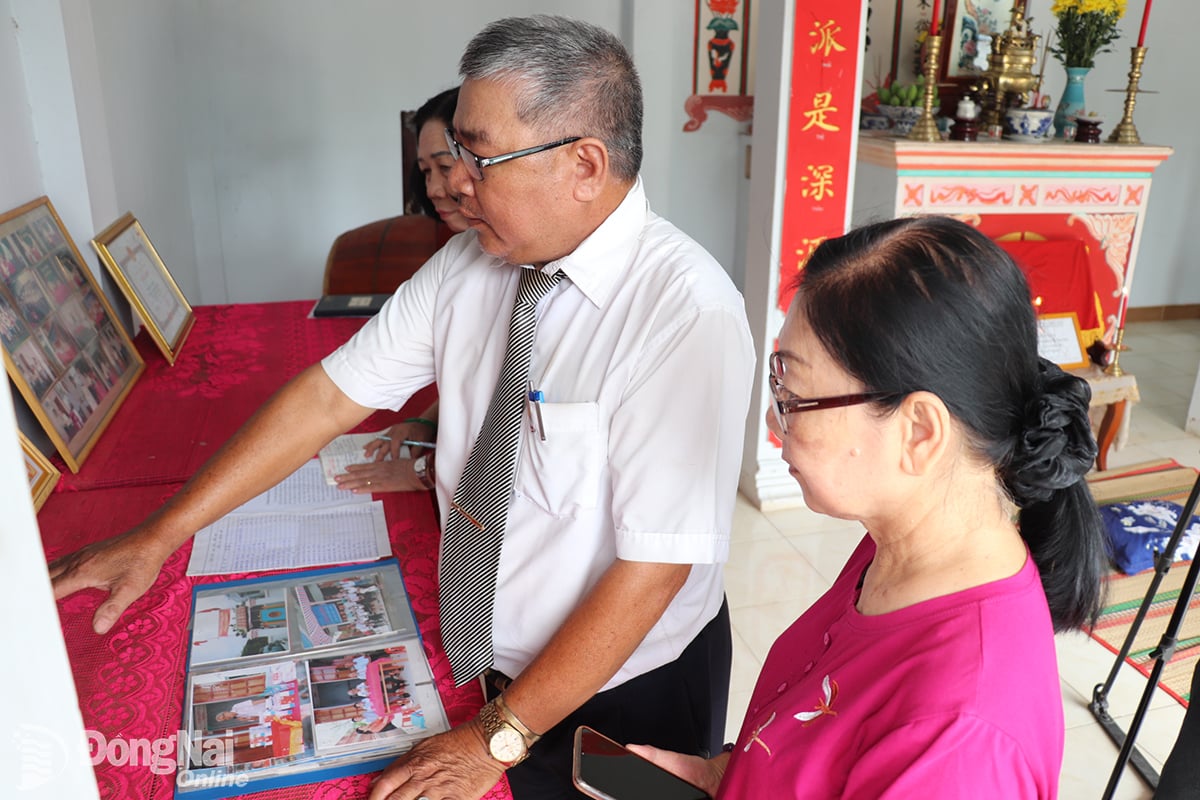










Comment (0)